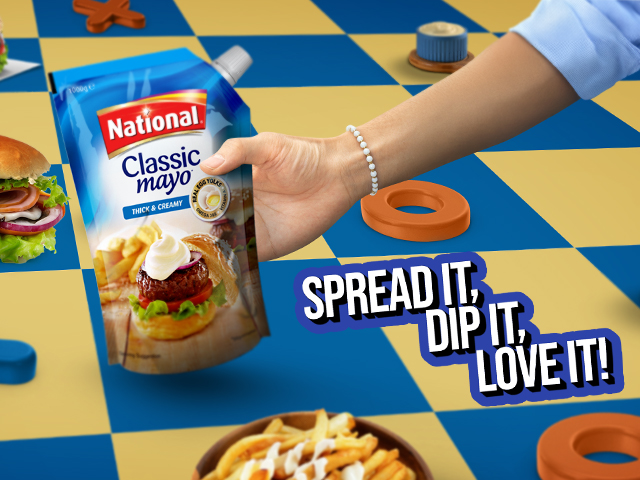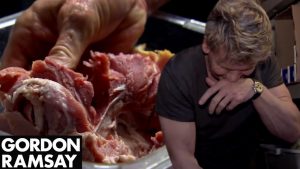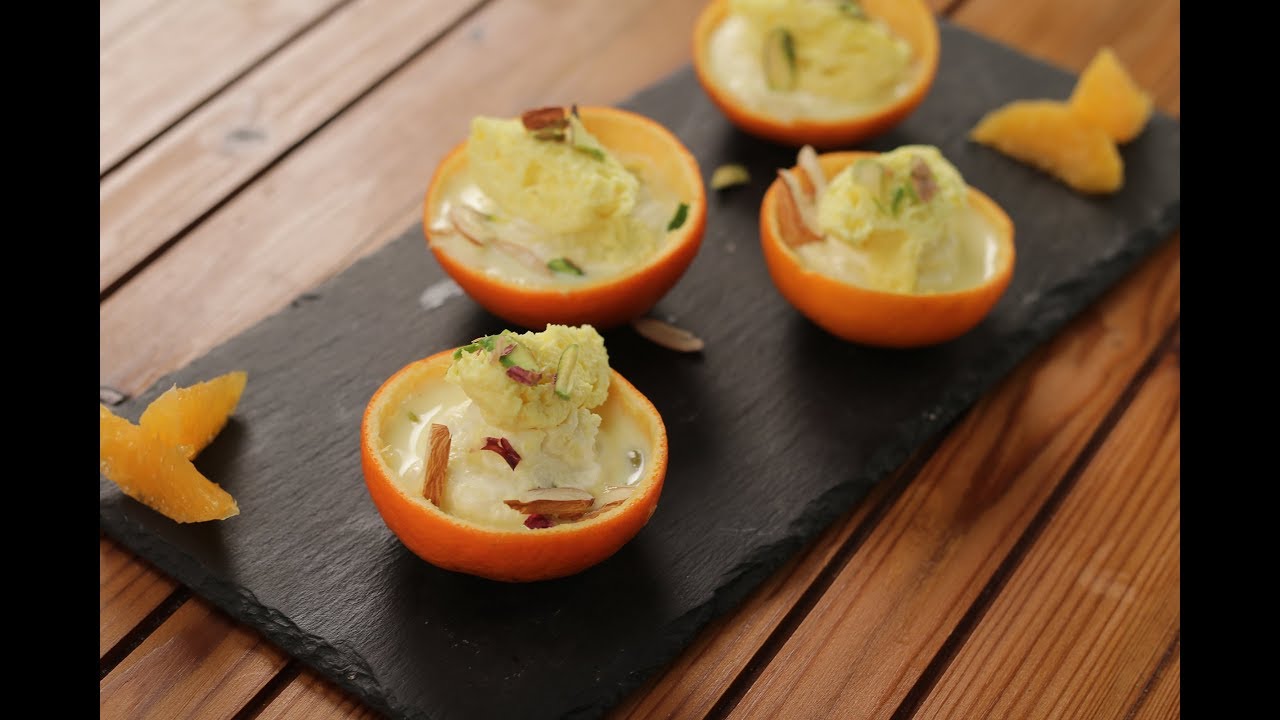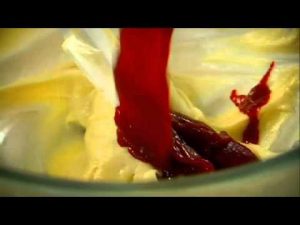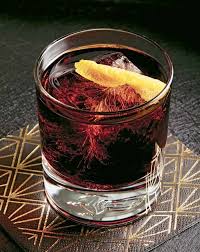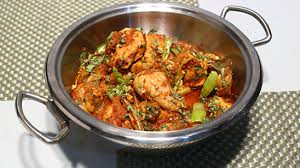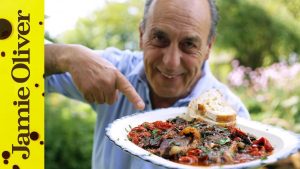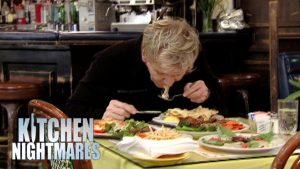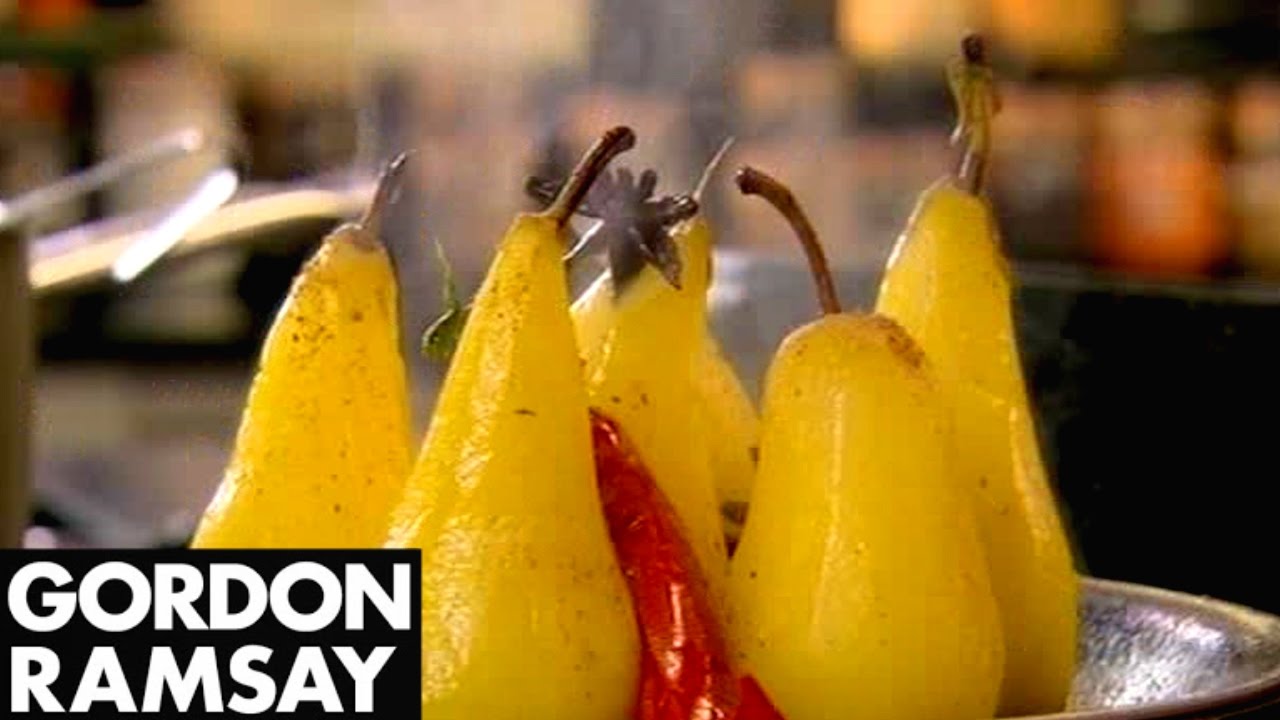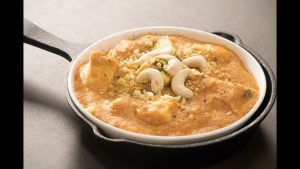Discover the extraordinary culinary journey of Chef Ferran Adrià, Spain’s renowned culinary visionary. Explore his pioneering techniques, innovative creations, and groundbreaking approach to molecular gastronomy. Uncover the secrets behind his iconic elBulli restaurant and his lasting influence on the world of fine dining. Immerse yourself in the captivating tale of a master chef who revolutionized the culinary landscape, as we unveil the life and legacy of Ferran Adrià in this compelling biography.
Ferran Adrià: A Revolutionary Chef
Ferran Adrià is a Spanish chef who is widely considered as one of the most innovative and influential chefs of his generation. Born on May 14, 1962, in L’Hospitalet de Llobregat, a suburb of Barcelona, he grew up in a family of humble origins. His father was a plasterer, and his mother worked as a cleaner in a hospital. Ferran’s interest in cooking started at an early age, and he began working as a dishwasher in a restaurant when he was just 18 years old. Over the years, he worked his way up in the culinary world, and in 1984, he joined the kitchen staff at El Bulli, a restaurant located in the town of Roses on the Costa Brava.
El Bulli
El Bulli was a family-owned restaurant that had been founded in 1961 by German-born Hans Schilling and his wife, Marketta. In the early years, it was a traditional French restaurant that served classic dishes such as bouillabaisse and escargots. However, in the late 1970s, the Schillings began to experiment with new cooking techniques and ingredients, and they soon gained a reputation for their innovative approach to cuisine.
When Ferran Adrià joined the El Bulli team, he was just one of many young chefs who were eager to learn from the Schillings. However, he quickly proved himself to be a talented and creative cook, and he soon became the head chef of the restaurant. Over the next few years, he began to experiment with new cooking techniques and ingredients, and he soon gained a reputation for his avant-garde approach to cooking.
Molecular Gastronomy
In the late 1990s and early 2000s, Ferran Adrià became one of the leading figures of the molecular gastronomy movement. Molecular gastronomy is a scientific approach to cooking that uses chemistry and physics to create new textures, flavors, and presentations. Adrià was particularly interested in using food additives such as agar-agar, lecithin, and xanthan gum to create new textures and consistencies.
At El Bulli, Adrià and his team of chefs would spend months experimenting with new dishes, often creating dozens of variations of a single dish before settling on the final version. Some of his most famous dishes include spherified olives, a dish that consists of small spheres of olive juice that burst in the mouth; foie gras with lychee and rose, a dish that combines the rich flavor of foie gras with the sweetness of lychee and the floral notes of rose; and nitrogen-infused fruit, a dish that uses liquid nitrogen to freeze fruits and create a crunchy, cold texture.
The success of El Bulli and Ferran Adrià’s innovative approach to cuisine helped to establish Spain as a culinary destination and inspired a generation of chefs around the world to experiment with new techniques and ingredients.
Awards and Recognition
Over the years, Ferran Adrià has received numerous awards and accolades for his contributions to the culinary world. In 2002, he was awarded the National Prize for Gastronomy by the Spanish government, and in 2004, he was named the world’s best chef by Restaurant magazine. El Bulli was also named the best restaurant in the world by Restaurant magazine in 2002, 2006, 2007, 2008, and 2009.

